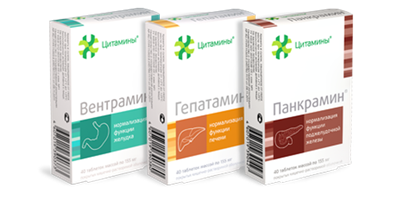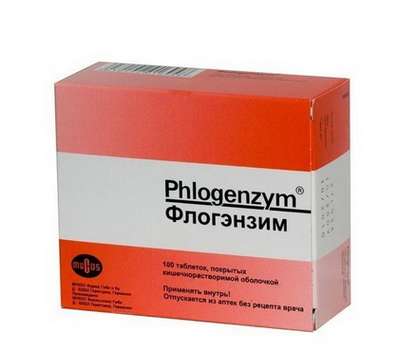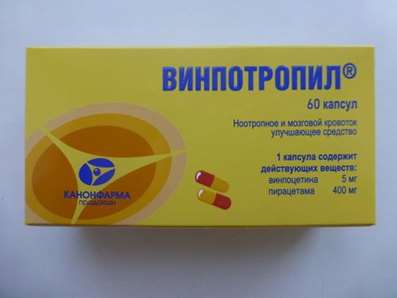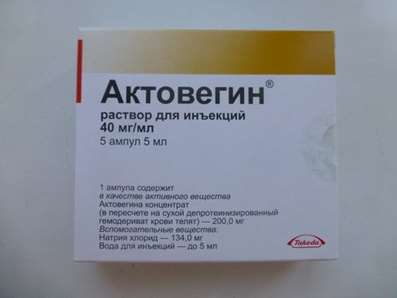Instruction for use: Telmisartan
I want this, give me price
The trade name of Telmisartan: Micardis, Pritor, Telmesteine-Richter, Tezeo, Telsap, Telmesteine, Telmista, Telsartan
Latin name of substance Telmisartan
Telmisartanum (genus. Telmisartani)
Chemical name
4 '- [[4-Methyl-6- (1-methyl-2-benzimidazolyl) -2-propyl-1-benzimidazolyl] methyl] -2-biphenylcarboxylic acid
Gross formula
C33H30N4O2
Pharmacological group of substance Telmisartan
Angiotensin II receptor antagonists (AT1 subtype)
The nosological classification (ICD-10)
I10 Essential (primary) hypertension: hypertension; Arterial hypertension; Arterial hypertension crisis course; Essential Hypertension; Essential hypertension; Essential hypertension; Essential hypertension; Essential hypertension; Primary hypertension; Arterial hypertension, complications of diabetes; The sudden increase in blood pressure; Hypertensive disorders of blood circulation; hypertensive condition; hypertensive crises; arterial Hypertension; malignant Hypertension; Hypertonic disease; hypertensive crises; accelerated hypertension; malignant hypertension; The aggravation of hypertensive disease; Transient hypertension; Isolated systolic hypertension
I15 Secondary hypertension: Arterial hypertension, complications of diabetes; hypertension; The sudden increase in blood pressure; Hypertensive disorders of blood circulation; hypertensive condition; hypertensive crises; hypertension; arterial Hypertension; malignant Hypertension; hypertensive crises; accelerated hypertension; malignant hypertension; The aggravation of hypertensive disease; Transient hypertension; hypertension; Arterial hypertension; Arterial hypertension crisis course; renovascular hypertension; Hypertension symptomatic; Renal hypertension; Renovascular hypertension; renovascular hypertension; Symptomatic hypertension
CAS code
144701-48-4
Characteristics of the substance Telmisartan
White or colorless crystalline powder odorless, practically insoluble in water and at a pH of 3 to 9 partially soluble in strong acids (with the exception of hydrochloric acid), soluble in strong alkalis.
Pharmacology
Pharmacological action - antihypertensive.
It blocks the receptors of angiotensin II (subtype AT1). Dosocependently inhibits the pressor effect of angiotensin II, lowers the level of aldosterone in plasma, increases diuresis, excretion of sodium and chlorides. Has nephroprotective effect, reduces albuminuria. At 10% reduces renal blood flow, without worsening the glomerular filtration. In high doses reduces the severity of myocardial hypertrophy. In patients with arterial hypertension lowers both the SAD and DAD, without changing the heart rate.
Well absorbed from the digestive tract. Absolute bioavailability is 40-60% (due to the effect of "first passage" through the liver). After taking a single dose of 80 mg Cmax is achieved within 1 hour. Intensively binds to plasma proteins, mainly with albumin and acid alpha-1-glycoprotein. Relatively uniformly distributed in the body (highly lipophilic and easily penetrates tissues), the volume of distribution is 500 liters. Metabolised in the liver by conjugation with glucuronic acid, forming a stable inactive acylglucuronide, which is rapidly excreted in the bile: about 85% of unchanged telmisartan and 11% of glucuronide are found in faeces; Renal excretion does not exceed 2%. Output is slow, T1 / 2 is about 21 hours for men and 31 hours for women. Hypotension develops 3 hours after ingestion, persists for more than 24 hours and stabilizes for 4-8 weeks of course use. If you stop taking BP gradually (within a few days) returns to the initial values without the development of "ricochet" hypertension.
Application of the substance Telmisartan
arterial hypertension.
Contraindications
Hypersensitivity, obstruction of the biliary tract, severe violations of the liver and kidneys, pregnancy, breast-feeding.
Restrictions
Children and adolescence (safety and efficacy in children and adolescents are not defined).
Application of pregnancy and breastfeeding
Contraindicated in pregnancy. Before the planned pregnancy, it is recommended to replace the drug with another antihypertensive drug in advance.
The action category for fetus by FDA is D.
For the duration of treatment, breastfeeding should be stopped.
Side effects of the substance Telmisartan
From the nervous system and sensory organs: ≥ 1% - headache, dizziness.
On the part of the digestive system: ≥ 1% - nausea, indigestion, abdominal pain, diarrhea.
On the part of the respiratory system: ≥ 1% - cough, pharyngitis, influenza-like symptoms, lowering of tolerance to upper respiratory tract infections.
Other: ≥ 1% - chest and lower back pain, myalgia, urinary tract infections, lowering hemoglobin, increasing uric acid level.
Interaction
Hydrochlorothiazide enhances (mutually) the hypotensive effect. With the simultaneous appointment of ACE inhibitors, potassium-sparing diuretics and other drugs that can raise the level of potassium in the plasma, and potassium-containing food additives, especially in patients with renal insufficiency, the risk of developing hyperkalemia increases. Increases the concentration of lithium and digoxin in the blood.
Overdose
Symptoms: hypotension.
Treatment: symptomatic and supportive therapy. Hemodialysis is ineffective.
Routes of administration
Inside.
Precautions for the substance Telmisartan
Be wary appoint patients with symptomatic renovascular hypertension caused by bilateral stenosis of the renal arteries or stenosis of the renal artery of the only functioning kidney (increases the risk of severe hypotension and renal failure). Patients with moderate renal dysfunction require regular monitoring of the level of creatinine and electrolytes (potassium) in plasma. Caution should be exercised in appointing patients with reduced BCC and / or sodium deficiency (with diuretics, limited intake of salt, diarrhea, vomiting), aortic stasis and mitral valve, with obstructive hypertrophic cardiomyopathy, mild liver dysfunction, severe heart failure (constant Monitoring the level of potassium and serum creatinine), with IHD (possibly the development of acute coronary syndrome and myocardial infarction), peptic ulcer of the stomach or duodenum tadii exacerbation or others. diseases of the intestine (likely occurrence of gastrointestinal bleeding). It is not recommended for primary aldosteronism, congenital fructose intolerance (1 tablet 80 mg contains 338 mg sorbitol). Care should be taken to drivers of vehicles and people whose profession is associated with increased concentration of attention. With the simultaneous administration of digoxin or lithium preparations, monitoring of their serum content is required.

 Cart
Cart





